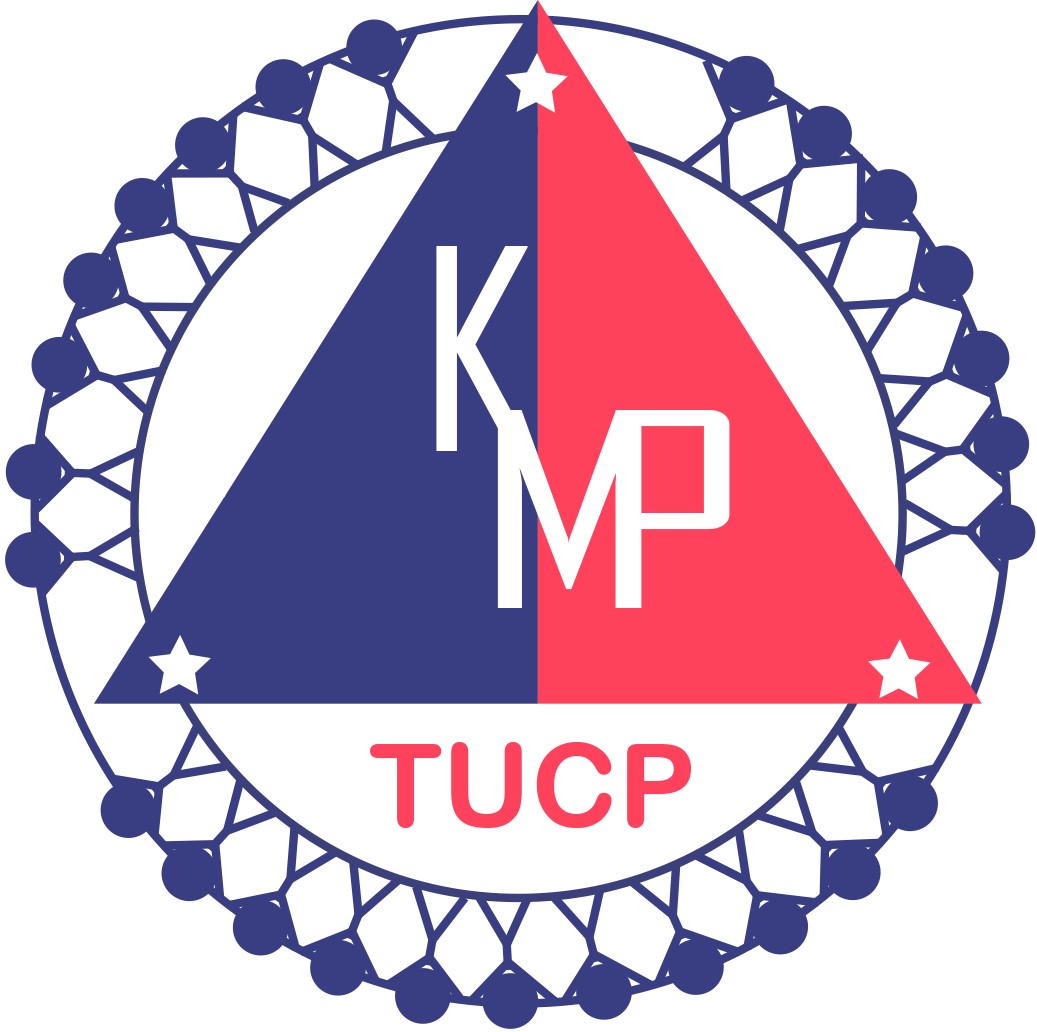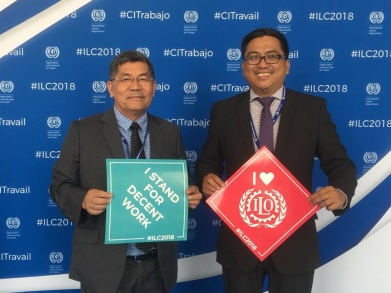The Conference Committee on Social Dialogue and Tripartism decided on a new framework for action that includes a set of measures to promote social dialogue and tripartism. It called on the ILO to assist its members in strengthening social dialogue in all its forms and at all levels in line with ILO standards through capacity building and strengthening development cooperation, enhanced research and training, as well as standards-related action and improving policy coherence.
It also called on ILO Members to respect, promote and realize the principles concerning the fundamental rights of employers and workers and their organizations to freedom of association and the effective recognition of the right to collective bargaining. They also called for an enabling legal and institutional environment to promote effective social dialogue.
The Committee reaffirmed that social dialogue is based on the respect for freedom of association and the effective recognition of the right to collective bargaining. It said that social dialogue plays a crucial role in designing policies to promote social justice. It also insisted that free, independent, strong and representative employers’ and workers’ organizations, together with trust, commitment and respect for the autonomy of the social partners and social dialogue outcomes are key to making social dialogue effective.
The Committee on the Application of Conventions and Recommendations of the ILC adopted conclusions on 23 individual cases relating to issues arising from the implementation of labour rights. The discussion was based on the annual report of the Committee of Experts on the Application of Conventions and Recommendations, which is an independent body composed of legal experts charged with examining the application in law and practice of ILO Conventions and Recommendations by ILO member States.
The Committee also discussed standards relating to working time, based on a general survey, Ensuring decent working time for the future . It noted that the discussions were timely, as transformations currently taking place in the world of work were changing many of the traditional ways of working and was having an impact on its organization. The Committee made particular reference to new emerging working arrangements, including teleworking and working in the platform economy, such as online. It considered that the adoption of an appropriate regulatory framework on working time was important, both to protect workers and to ensure a level playing field for employers. The social partners have an important role to play in setting rules and providing guidance on working time and thus ensuring that working-time arrangements better meet the concrete needs of both employers and workers.
The Committee on Effective ILO Development Cooperation had a robust discussion on the future of the ILO’s development cooperation in supporting constituents in achieving decent work for all and the Sustainable Development Goals. Committee members saw great challenges and opportunities arising from global social, economic and environmental megatrends and changes in the world of work. They were also aware of the impact that the recently adopted UN resolution on reform of the United Nations Development System would have on ILO operations and assistance, particularly at the country level.
The Conference adopted a Resolution requesting the ILO Director-General to prepare a plan of action to implement the conclusions adopted by the Committee, and communicate the latter to relevant organizations at the global and regional levels.
The Committee’s conclusions contain guiding principles and a roadmap for future ILO development cooperation. The guiding principles include a call for enhanced country ownership; promoting the ILO’s four strategic objectives with even more results and impact on the ground; policy coherence at all levels; an increased role of the private sector in sustainable development; a stronger focus on capacity development; promoting innovative and inclusive forms of partnerships and financing; and enhanced transparency through social dialogue.
The roadmap will better equip the ILO in supporting its Members and in participating in more joined up UN responses to country priorities with a wide range of partners. The concepts of “leaving no one behind” and social justice go hand in hand. The 2030 Agenda for Sustainable Development incorporates decent work as a global aspiration and a universal goal. Development cooperation remains a strategic and integral means for the ILO to deliver on the sustainable development goals.





0 Comments